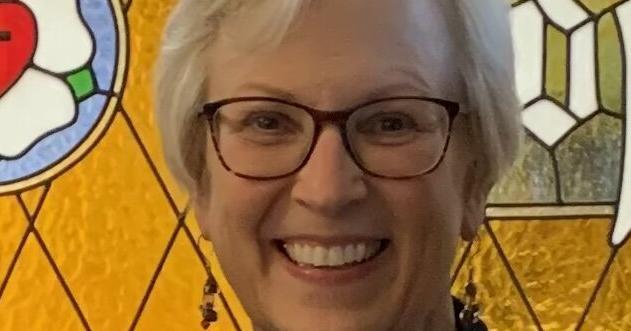In the church seasons engaged in by Episcopalians, among others, we have re-entered ordinary time, a time in between major seasons like Eastertide and Advent. In ordinary time, we are invited to live out our faith and what has been revealed in Christ’s resurrection. This use of ordinary has its root in the Latin “ordinal,” meaning numbered or counted. And this in-between time is where we spend most of our days, days with untold potential for being counted as meaningful in our relationship with God and our neighbors.
Something that is shaping my approach to this ordinary time is my recent participation in a CREDO conference. CREDO, hosted by the Episcopal Church, is a program that gives clergy and lay leaders a chance to pause from their ministries and focus on health and well-being through a discernment and wellness conference. Perhaps some of what our CREDO group experienced might fuel ideas for a revealing ordinary time for you as well.
People are also reading…
Our conference was structured around four touchpoints — identity, discernment, practice and transformation. We began by asking who and where am I now as a person, and as a servant leader in ministry? What is my current identity?
Then we wrestled with where am I going, and who is God calling me to be now? What am I discerning about this journey, individually and in community?
And as we began to consider how am I responding to God’s call, we explored some resources and practices that could fuel change. In small and large group discussions and 1:1 consultations with faculty, we named our core values and honestly looked at ways to improve how we were exercising our spiritual and physical health, tending to our mental health, giving appropriate attention to our financial health, and shaping a life-giving vocational path.
This work and worship culminated in the crafting of a Rule of Life. Our Rule of Life incorporated our core values and spelled out our commitment to a few key practices that we would take on — or shed — to help bring about what we had discerned as needed changes. The Rule included solo practices as well as those that called on some kind of circle of support to come to life.
Highlights from our Rules of Life served as the sermon for our closing worship service, delivered as poetry, art, song, and brief summaries, with a sprinkling of tears and laughter throughout. My Rule of Life ended up taking the shape of a recipe, and it has continued to speak to and challenge my inner and outer baker in the weeks since.
Perhaps the practice of a Rule of Life could be a gift to your ordinary time, too, one possibility among many as we revisit our core values and revelations through questions around identity, discernment, practice, and transformation for how we are being called to live out our faith now. However we decide to journey through this ordinary time, let’s make it count.
Dorcie Kafka Dvarishkis is on the journey with you as an ordained Deacon in the Episcopal Diocese of Montana and faith leader in the Missoula Interfaith Collaborative. Connect with her at archdeacon@diomontana.com.





